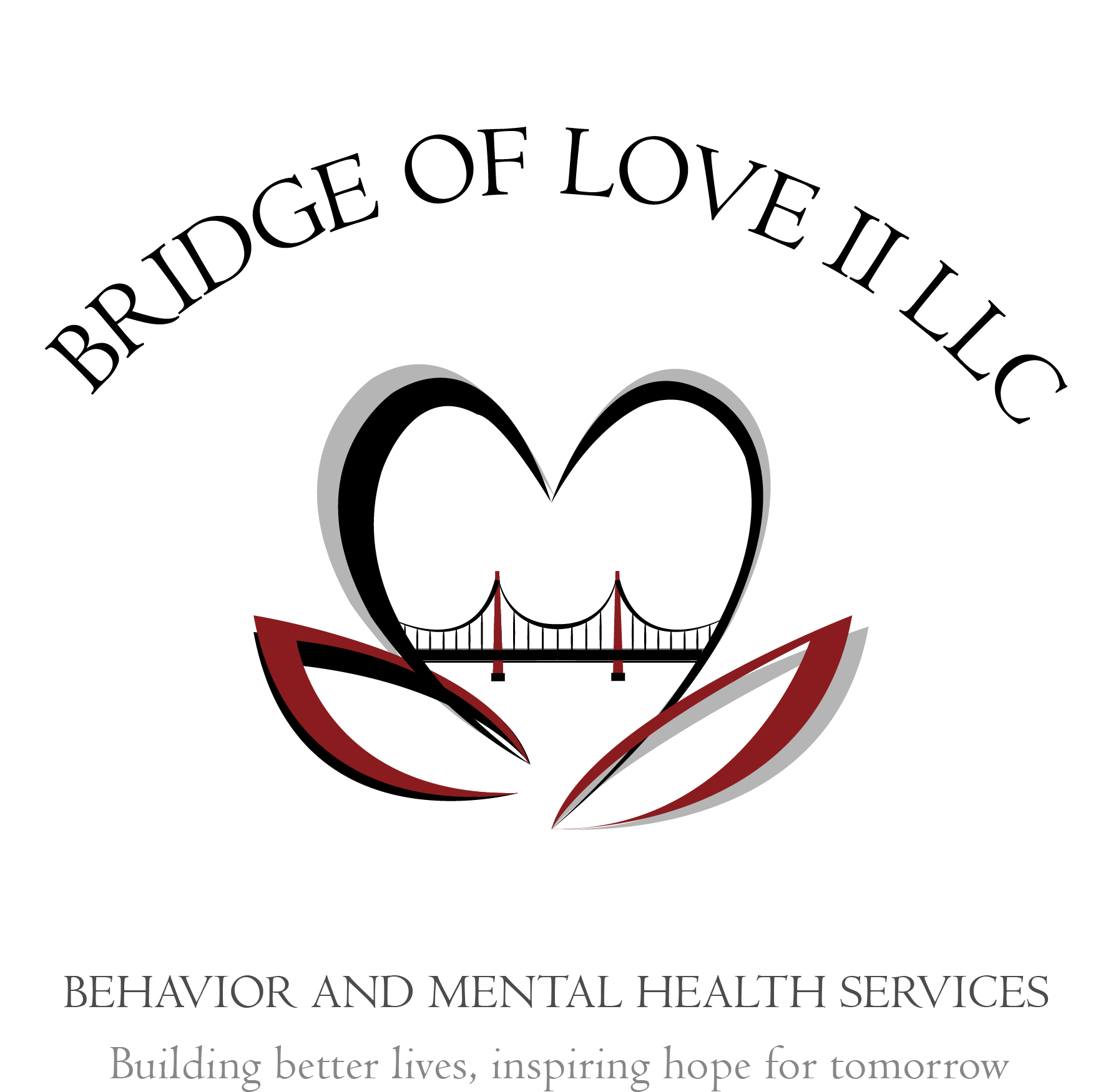Life is a complex journey filled with uncertainties. Many of us often find ourselves grappling with anxiety, particularly when faced with decisions that could significantly impact our future. The thought that we cannot control the outcomes of our situations can be overwhelming. However, embracing faith and trusting that we have made the best decisions for our lives can lead to a more peaceful existence. In this blog, we will explore how relinquishing control and walking in faith can reduce anxiety and promote emotional well-being
Understanding Anxiety
Anxiety is a natural response to stress and uncertainty. According to the American Psychological Association (APA), anxiety can manifest in various forms, including generalized anxiety disorder (GAD), social anxiety, and panic disorder. Common symptoms include excessive worry, restlessness, and difficulty concentrating. When we face significant life decisions, these feelings can intensify, leading to a cycle of doubt and fear about the future.
The Role of Control
One of the primary sources of anxiety is the desire to control outcomes. We often believe that by meticulously planning every detail, we can ensure a favorable result. However, life is inherently unpredictable. As the Harvard Business Review states, “The need for control can lead to stress and anxiety, as we grapple with events beyond our influence.” Recognizing that we cannot dictate every aspect of our lives allows us to shift our focus from control to acceptance.
Walking in Faith: Trusting the Process
Walking in faith involves trusting that everything will work out for our good, even when the path is unclear. This concept is echoed in various philosophical and spiritual traditions. For instance, the **Buddhist principle of non-attachment** encourages individuals to let go of their need to control outcomes and instead focus on the present moment. By practicing mindfulness, we can cultivate a sense of peace amid uncertainty.
Making Peace with Decisions
When faced with a decision, it’s essential to assess the options available and make the best choice based on the information at hand. Once a decision is made, it’s vital to embrace it fully. According to psychologist Dr. Susan David, author of “Emotional Agility,” accepting our choices and the emotions that come with them can significantly reduce anxiety. By relinquishing the need to second-guess ourselves, we create space for peace and clarity.
The Journey of Life: Embracing the Unknown
Life is a journey filled with twists and turns. We do not have all the answers, and the future remains uncertain. However, this uncertainty can also be a source of excitement and growth. As the Noble Prize-winning author Toni Morrison once said, “If you want to fly, you have to give up the things that weigh you down.” Embracing the unknown can liberate us from anxiety and open doors to new opportunities.
The Importance of Faith
Faith, whether in a higher power, the universe, or simply in ourselves—can be a powerful antidote to anxiety. When we walk in faith, we acknowledge that while we may not control the outcome, we can control our response. This shift in perspective fosters resilience and allows us to navigate life’s challenges with grace.
Practical Strategies to Reduce Anxiety
1. Mindfulness Meditation: Practicing mindfulness can help ground you in the present moment and reduce feelings of anxiety. Apps like Headspace and Calm offer guided meditations tailored to anxiety relief.
2. Journaling: Writing down your thoughts and feelings can provide clarity and help you process your emotions. Reflect on your decisions and remind yourself of the reasons behind them.
3. Seek Support: Talking to friends, family, or a mental health professional can provide reassurance and perspective. Sharing your concerns can lighten the emotional load.
4. Limit Information Overload: In today’s digital age, we are bombarded with information. Limiting exposure to news and social media can help reduce anxiety.
5. Practice Gratitude: Focusing on what you are grateful for can shift your mindset from anxiety to appreciation. Consider keeping a gratitude journal to document positive experiences.
Conclusion
In conclusion, anxiety often stems from our desire to control outcomes in an unpredictable world. By embracing faith and making peace with our decisions, we can reduce anxiety and walk through life with a sense of purpose and tranquility. Remember, life is a journey, and while we may not have all the answers, we can trust that destiny awaits. By relinquishing control and walking in faith, we can find peace amid uncertainty.
References
1.American Psychological Association. (n.d.). Anxiety. Retrieved from [APA](https://www.apa.org/topics/anxiety).
2. Harvard Business Review. (2017). The Need for Control Can Lead to Stress and Anxiety. Retrieved from [HBR](https://hbr.org)
3. David, S. (2016). Emotional Agility: Get Unstuck, Embrace Change, and Thrive in Work and Life. Penguin Press.
4. Morrison, T. (1993). Song of Solomon. Alfred A. Knopf.
By embracing uncertainty and walking in faith, we can transform our anxiety into a journey of growth and self-discovery.
